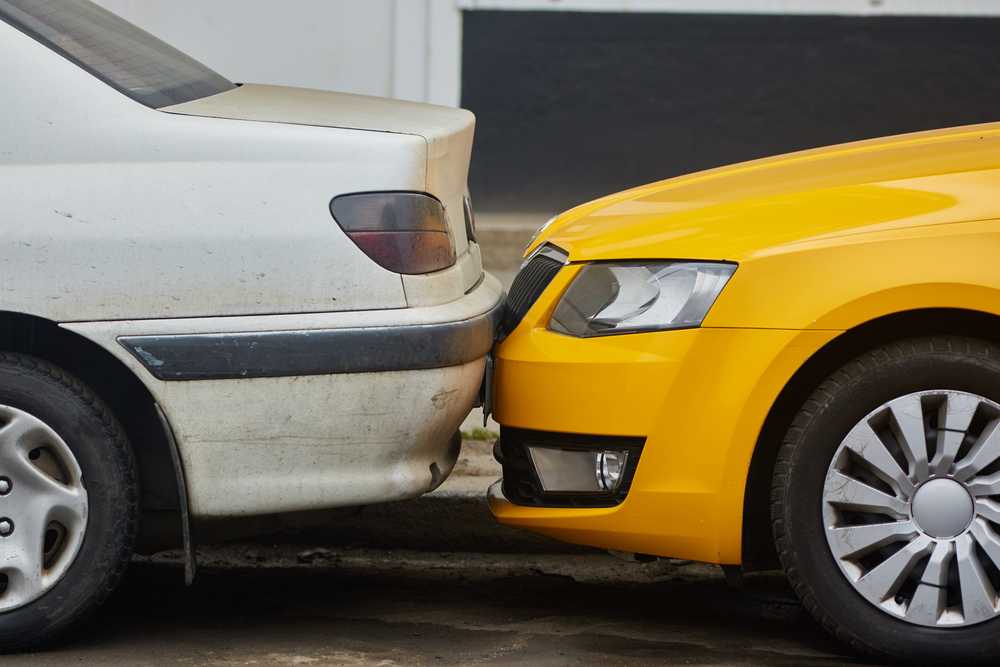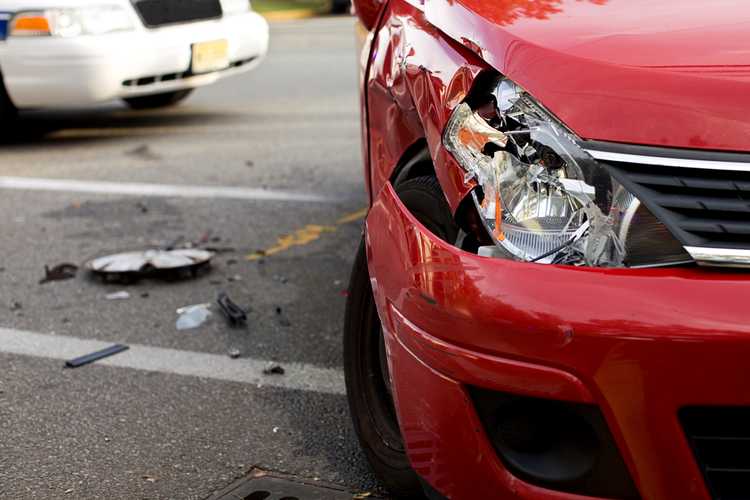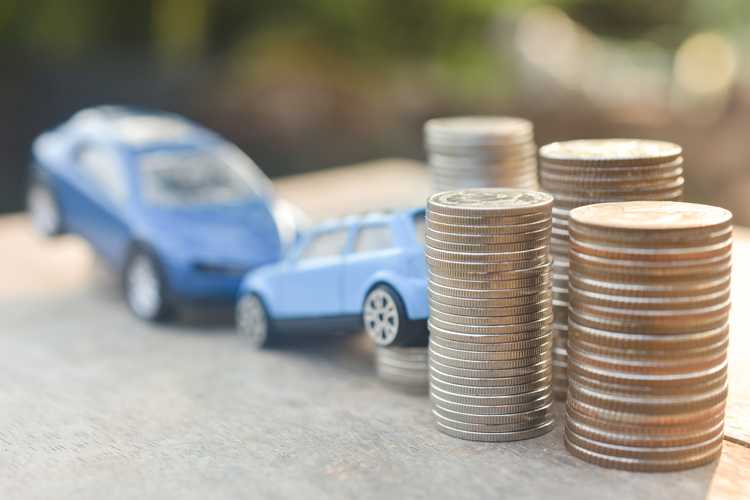Hitting a parked car with your vehicle happens probably more than you might expect. Perhaps you are trying to back out of a tight parking space and hit the fender of another car in the lot. Maybe you are going down a narrow street and you scrape the side of a parked car. What should you do if you hit a parked car?
Five steps to take if you hit a parked car
If you should accidently hit a parked car, here are five steps to take:
- Do not leave the scene. Wait for the other car’s driver to show up and tell them what happened. You will want to give them your auto insurance information. Leaving the scene without notifying the owner could be considered hit and run which is a crime in some jurisdictions. Even if you think nobody saw you, many areas have video monitoring cameras which could capture your vehicle’s license plate number.
- Leave a note on the other car. The note should have your name, your email address and your cell phone number. You don’t want to leave any specific insurance information but you do want to be sure the owner of the other car can contact you. You should leave the note securely under the car’s windshield wiper blade so it doesn’t blow away.
- Document the scene with photos. Get pictures of both cars and also of any extenuating factors that might have contributed to the situation such as narrow aisles in the parking lot or other factors.
- Contact the local police. You will want to file a police report. They can help you get in touch with the other owner if they are not there. The police report also provides an accurate account of the mishap for your insurance, and so the other driver can’t claim damage to their car other than what occurred when you hit their car.
- Call your agent. They can help guide you through any steps you may have missed, they can verify your coverage and what you might be out of pocket for both damage to the other car and to your own car.
Is hitting a parked car considered an accident?
Whether hitting a parked car is considered to be an accident will depend upon the circumstances. If it turns out that you were driving well over the speed limit, swerving unsafely or that you were intoxicated while driving the situation may be deemed not to have been an accident.
Your insurance company may treat the situation differently if you leave the scene without notifying the other driver. Your rates for insurance in the future could be severely impacted by this type of behavior.
How does insurance work when you hit a parked car?
Assuming you’ve taken the steps outlined above including notifying the other driver, your insurance will generally cover the costs of the damage you caused to the other car as well as damage to your car.
The liability component of your auto insurance will cover any damage to the other car and/or the other driver’s property. This is required coverage in most states, so your policy likely includes this type of coverage.
A key point here is that the required minimum amount of coverage for the liability component of your auto insurance policy will vary by state. For example, if your liability coverage amount is only $5,000, you might be responsible for anything over that amount. With the high cost of many vehicles today, doing $5,000 worth of damage while hitting a parked car is not a high threshold.
Be sure that you carry a sufficient amount of liability coverage as part of your policy. Whether or not you are ever in a situation where you hit a parked car, this portion of your policy provides coverage for all types of property damage that you might cause. Examples of damage covered by your liability include hitting a fence or damage to a structure caused by your car.
Liability coverage does not cover damage to your own car should your car incur damage from hitting a parked car. This damage falls under the collision coverage in your policy.
Collision covers damage to your vehicle such as:
- A collision with another vehicle, including damage caused should you hit a parked car.
- A collision with a structure such as a fence.
- Damage incurred in a single car accident, for example if your car rolls over.
Collision insurance will generally have a deductible. This is the amount you would need to pay before your collision coverage kicks in. Deductibles typically range from $250 to $1,000. In the case of a $500 deductible, you would pay the first $500 of the cost to repair your car and then your coverage would pick up the rest up to the limit on your policy.
What if you hit a parked car and there is no damage?
If you hit a parked car and it looks like there was no damage you should still go through the steps outlined above to notify the other driver of the car that you hit and then your own insurance company. No matter how minor the damage may seem, if you hit a parked car and leave the scene without at least leaving a note for the owner of the other vehicle, you will be guilty of a hit and run accident and subject to whatever penalties the law imposes in your jurisdiction, plus be subject to higher insurance rates in the future.
Summary
Accidents happen, including unintentionally hitting a parked car. Whatever the circumstances that led to your having struck a parked vehicle, it's important to not leave the scene without notifying the driver of the other car. If you can’t find the driver, you should leave a note about the accident with your contact information securely under their wiper blade where they will see it and it won’t blow away. Be sure to notify your own insurance company promptly as well.



